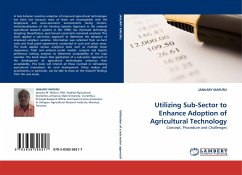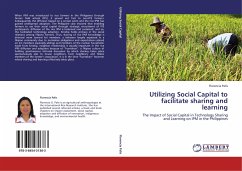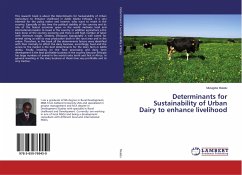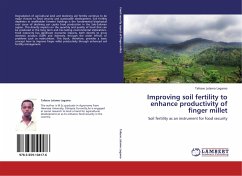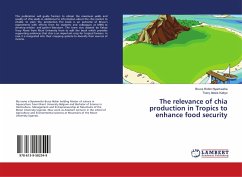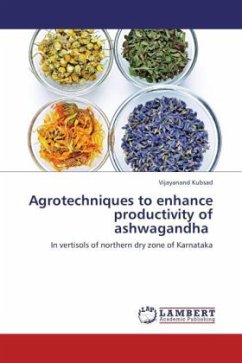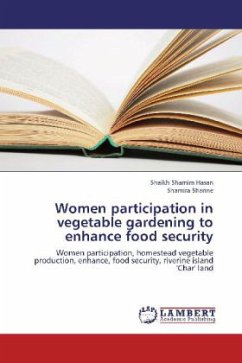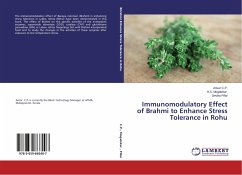In Sub-Saharan countries adoption of improved agricultural technologies has been low because most of them are incompatible with the biophysical and socio-economic environments facing farmers. Institutionalization of the Farming Systems Approach in the national agricultural research systems in the 1990s has improved technology targeting. Nevertheless, post-harvest constraints remained unsolved. This book applied a sub-sector approach to determine the adoption of improved sorghum varieties. Information was collected from on-farm trials and food panel experiments conducted in rural and urban areas. The book applies various analytical tools such as multiple linear regressions, Tobit and ordered probit models, conjoint and logistic preference ranking analyses to determine acceptability of the crop varieties. The book shows that application of a sub-sector approach in the development of agricultural technologies enhances their acceptability. This book will interest all those involved in stimulating agricultural innovations for rural development. Policy makers and practitioners, in particular, can be able to draw on the research findings from the case study.

